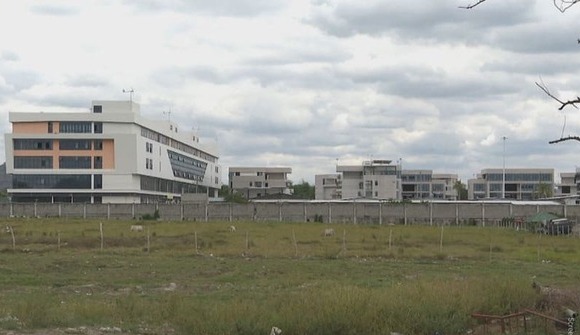
Hotel Accountability: Crimes on Property
The recent drug bust on Sentosa Island, conducted by the police, has sparked concerns about the extent of hotels’ responsibility for crimes that occur on their premises. On August 9, a police raid at a Sentosa hotel villa led to the apprehension of 49 individuals and the confiscation of controlled substances such as ecstasy and ketamine. The identity of the hotel involved in the incident has not been disclosed.
Legal experts suggest that, under normal circumstances, hotels are not automatically held legally accountable for crimes that occur on their property unless there is a reasonable basis for suspicion. Organizing gatherings related to drug abuse or permitting one’s property to be used for drug-related activities is considered a criminal offense.
Mr. Chooi Jing Yen, a partner at Eugene Thuraisingam LLP, explained, “In general, hotels are not held liable. However, if they had reason to believe that something illegal was happening, they might have an obligation to report it to the police – that’s a separate matter. Just the occurrence of an illegal act on hotel premises is not sufficient to establish the hotel’s criminal responsibility.”
In his experience, hotel owners and operators are rarely prosecuted when drug-related crimes occur on their property, as it would be impractical to expect hotels to conduct regular spot checks on guest rooms.
Hotels are required to adhere to licensing regulations that prohibit activities such as gambling, excessive drinking, drug misuse, and disruptive behavior on their premises. Non-compliance can result in fines and penalties, including the suspension of their licenses.
The key question in determining hotel liability revolves around whether the hotel had knowledge of or facilitated unlawful activities on its property. If it can be demonstrated that a hotel was aware of criminal conduct but failed to take appropriate action, the hotel may face criminal repercussions.
Guests at hotels typically must sign registration documents that outline the terms and conditions of their stay, including the prohibition of illegal activities. While these documents are contractual agreements, they do not grant hotels blanket immunity from criminal liability. Instead, they serve as a basic disclaimer indicating that the hotel fulfilled its obligations at the time of registration.
Ultimately, hotels have a responsibility to exercise due diligence to ensure that their guests comply with the law. This may involve actions like verifying guests’ identification to confirm their legal status, and this duty extends beyond the initial registration process.
In summary, hotels are generally not automatically held legally responsible for crimes occurring on their premises, but their accountability may be questioned if they had knowledge of illegal activities and failed to take appropriate measures. Guest agreements and terms and conditions serve as disclaimers but do not absolve hotels of potential liability. Hotels are obliged to maintain ongoing due diligence to ensure legal compliance.
Original Story by Ang Hwee Min for CNA
Other Interesting Articles
 BetMGM is the first online casino in the world to launch the Buffalo slot machine.
BetMGM is the first online casino in the world to launch the Buffalo slot machine.Sep 6, 2023











